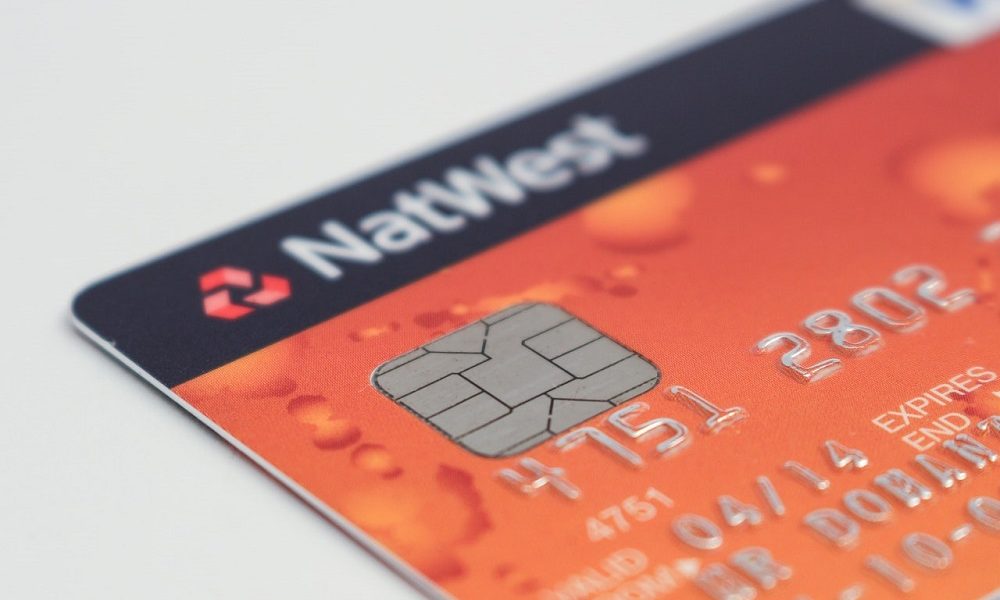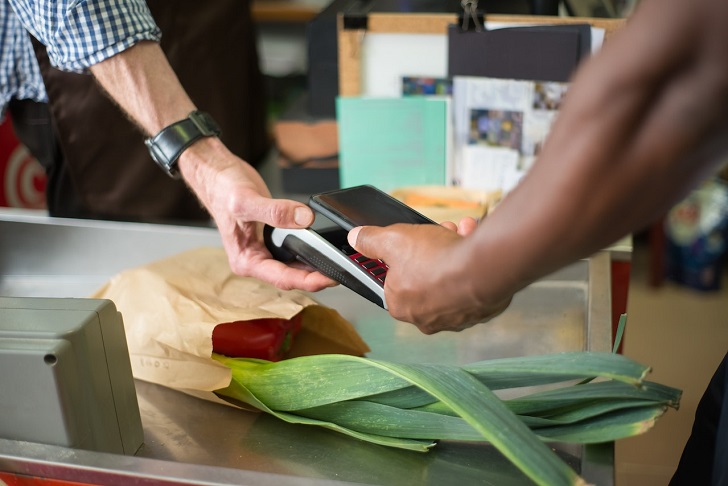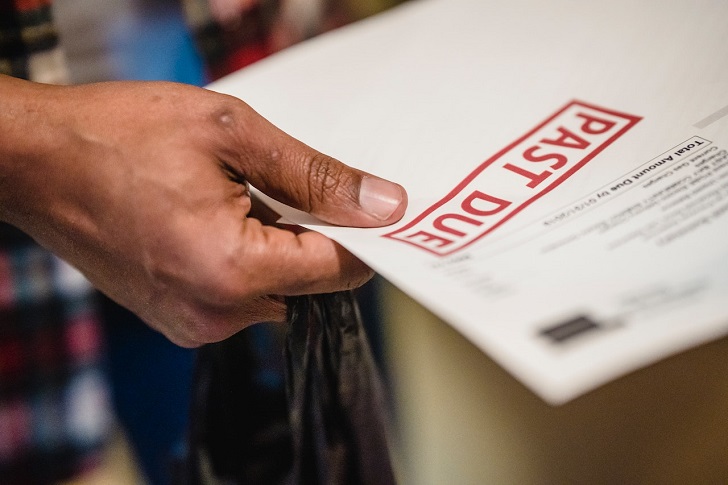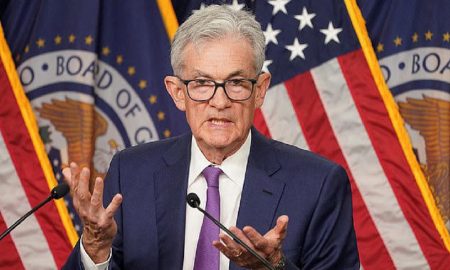
Navigating Life Without a Bank Account

In today’s modern society, a bank account has become essential for managing finances and conducting everyday transactions. However, some individuals and communities worldwide still live without a bank account. Living without a bank account presents unique challenges and opportunities, whether by necessity or personal choice.
Below, we will explore why some people go “unbanked,” their challenges, and the potential alternatives.
Reasons for Living Without a Bank Account:
Lack of Trust
Some individuals may forgo traditional banking services due to a lack of trust in financial institutions. Past experiences or stories of hidden fees, unfair practices, and inadequate customer service may lead to a reluctance to open a bank account.
High Fees
For people with low incomes or irregular cash flows, the fees associated with maintaining a bank account can be a burden. Monthly maintenance fees, minimum balance requirements, and overdraft charges can quickly add up, making banking unaffordable for some.
Credit Issues
People with a history of financial mismanagement or low credit scores may find it challenging to open a bank account, as many banks require a credit check before approval.
Privacy Concerns
Some individuals value their financial privacy and prefer to conduct transactions in cash to avoid leaving a digital trail of their financial activities.
Access Issues
In rural or remote areas, access to banking services can be limited, making it impractical or inconvenient for individuals to have a traditional bank account.
Challenges
While living without a bank account is possible, it does present several challenges:
Limited Financial Services
Without a bank account, individuals may miss out on the convenience and security of various financial services, such as online banking, bill payments, and mobile transactions.
Safety Risks
Storing large amounts of cash at home can expose individuals to theft or loss.
Difficulty in Building Credit
Without a bank account, individuals may find it challenging to build a credit history, which can impact their ability to access loans or other forms of credit in the future.
Exclusion from the Formal Financial System
Being unbanked can lead to exclusion from the formal financial system, making it difficult to participate fully in the economy and access opportunities for wealth-building.
Alternatives to Traditional Banking:
Despite the challenges, several alternatives exist for those who choose to live without a bank account:
Credit Unions
Credit unions are non-profit financial cooperatives that offer services similar to traditional banks but often with lower fees and a more community-oriented approach.
Prepaid Debit Cards
Prepaid debit cards allow individuals to load money onto the card and use it for purchases, similar to a bank debit card, without needing a traditional bank account.

Kampus Production/ Pexels | A bank account offers the convenience of digital transactions in a fast-paced world
Digital Wallets
Mobile payment platforms and digital wallets are becoming increasingly popular, allowing users to make transactions and payments without a bank account.
Community Banking Initiatives
In some areas, community-based banking initiatives and microfinance institutions provide financial services to individuals who may not have access to traditional banks.
Cash-Only Budgeting
Some individuals adopt a cash-only budgeting approach, managing their finances entirely with physical cash and money orders.
Living Without a Bank Account – A Personal Choice:
For some, living without a bank account is a conscious lifestyle choice rather than a result of financial constraints. They may prefer a simpler, cash-based approach to managing their finances and find alternative ways to access the necessary financial services.
However, for others, especially those facing financial difficulties or limited access to banking services, being unbanked can pose significant challenges and hinder their financial stability and growth.
More in Financial Advice
-
`
Shifting Gears: Successfully Transitioning Your Client Base Across Industries
Ever feel that entrepreneurial itch to push your boundaries and explore new horizons? Perhaps you started with a laser focus on...
March 16, 2024 -
`
Music Icon Dolly Parton Reveals Secrets to Her $440 Million Fortune
Beloved country music legend Dolly Parton has long been an enigma wrapped in a rhinestone-studded enigma. At almost 80 years of age,...
March 9, 2024 -
`
Scaling Up Your Small Business: A Tightrope Walk With a Winning Plan
Building a thriving small business is like nurturing a seedling. You pour your heart and soul into its growth, watching it...
February 27, 2024 -
`
Is SZA All Set to Launch the Next Big Celebrity Makeup Line?
Today, celebrities launching their makeup lines have become as much of a trend as their next hit single. Among the glittering...
February 19, 2024 -
`
Healthy Lifestyle Habits for Ageless Aging
Be a Continuous Learner The pursuit of knowledge is the wind beneath the wings of our minds, keeping us aloft above...
February 16, 2024 -
`
Unlocking Financial Freedom: Your Roadmap to Building Business Credit
Embarking on the journey of entrepreneurship is exhilarating yet challenging. Among the myriad of tasks that come with starting and growing...
February 7, 2024 -
`
Envisioning the Future: The Shape of a Labour-Led UK Government
The wind whispers through the bustling pubs of Manchester, carrying murmurs of discontent. In the dimly lit corners, pints clink against...
January 31, 2024 -
`
What Are The Key Financial Dates to Keep an Eye on in 2024?
January 31: Deadline for Tax Returns Start the year on the right foot by ensuring your tax returns are filed by...
January 26, 2024 -
`
The Ultimate Rotisserie Chicken Showdown: A Battle of Flavors and Bargains
Prepare your taste buds for a flavor-packed journey as we dive into the delectable realm of rotisserie chickens. These savory wonders...
January 15, 2024

















You must be logged in to post a comment Login